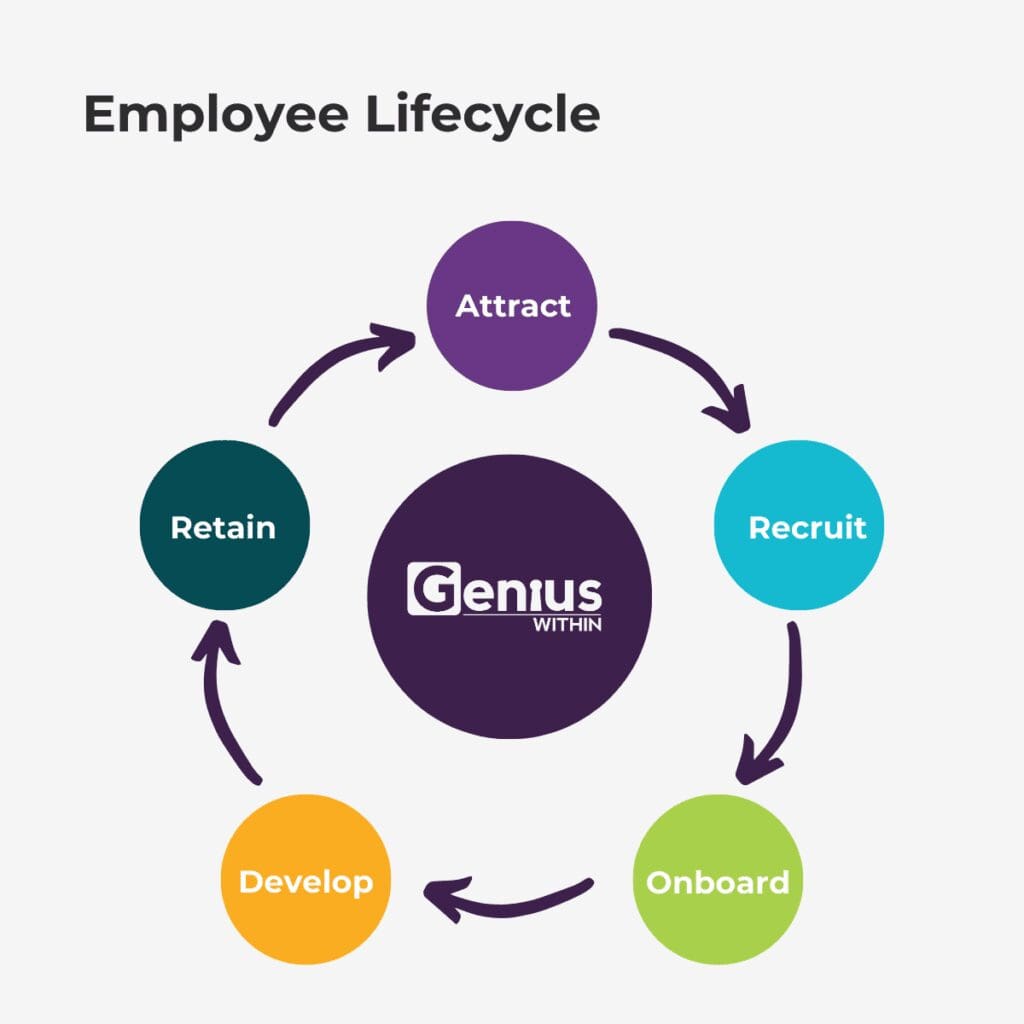Posted 08 Sep 2025
Inclusive Recruitment: Accessing Hidden Talent
Following our first article on designing cognitively inclusive job roles, this next stage in the employee lifecycle explores how to embed inclusive recruitment processes that empower hiring managers and open access to neurodivergent talent.
Traditional recruitment often rewards confident communication styles rather than capability. That creates barriers for highly skilled neurodivergent candidates — and risk for organisations missing out on untapped strengths.
Inclusive recruitment isn’t about lowering standards, it’s about building skills-based hiring processes that measure what matters.
- Neurodivergent candidates can demonstrate ability — not just interview performance
- HR reduces bias and supports fair access
- Managers make confident, evidence-based hiring decisions

Why Skills-Based Hiring Supports Neurodivergent Talent
Standard interviews rely on fast thinking, fluent communication and rapport-building skills. These are not universal indicators of competence — particularly in neurodivergent recruitment.
Instead, HR can design bias-free hiring practices that allow candidates to show what they can do:
- Simulated work tasks or trials
- Portfolio or artefact-based evidence
- Scored demonstrations of core competencies
This shift supports better matching of cognitive strengths to role demands, a key success factor highlighted across leading research including the CIPD Neuroinclusion at Work report (2024) and City & Guilds Neurodiversity Index (2025).
✅ Quick tip: Pilot a one-hour task simulation at second stage for high-volume roles and benchmark manager confidence post-assessment.
Flexible Application Formats Reduce Hidden Barriers
CVs and covering letters reward narrative storytelling — not necessarily capability. For candidates who think visually or communicate differently, this can be a major barrier.
Introduce options across your inclusive hiring process:
- Video answers, mind-maps or slide submissions
- Pre-recorded task responses rather than live interviews
- Step-by-step task checklists instead of open essay questions
Integrating flexibility at gateways leads to higher engagement from neurodivergent candidates and builds more robust talent pipelines.
✅ Quick tip: Offer at least two application format options — then analyse dropout data to evaluate impact.
Train Hiring Managers to Recognise Cognitive Strength — Not Just Communication Style
Embedding inclusive recruitment relies on hiring managers having the skills and confidence to assess fairly.
Training should cover:
- How neurodivergent strengths present in assessment
- How to use structured scoring to compare candidates objectively
- How to reduce reliance on communication-style cues as performance indicators
Research from Birkbeck and Neurodiversity in Business (2024) and McDowall, Doyle & Kiseleva (2025) highlights that confidence and capability at manager level dramatically improves successful neurodivergent recruitment outcomes.
✅ Quick tip: Combine neurodiversity awareness sessions with practical tools such as scoring grids, as part of mainstream recruitment skills training.
What This Means for HR Teams
HR has the unique opportunity to build inclusive recruitment infrastructure that not only widens access to neurodivergent talent but also gives hiring managers confidence in decision-making.
At Genius Within, we partner with organisations to:
- Embed skills-based assessments, flexible processes and bias-free hiring practices
- Build confidence in hiring managers through specialist consulting
- Deliver structured training to support inclusive recruitment at scale
Update your recruitment strategy
- Explore our consulting services
- Build capability with neurodiversity awareness training
- Learn “What is neurodiversity?” with our introductory resource.
